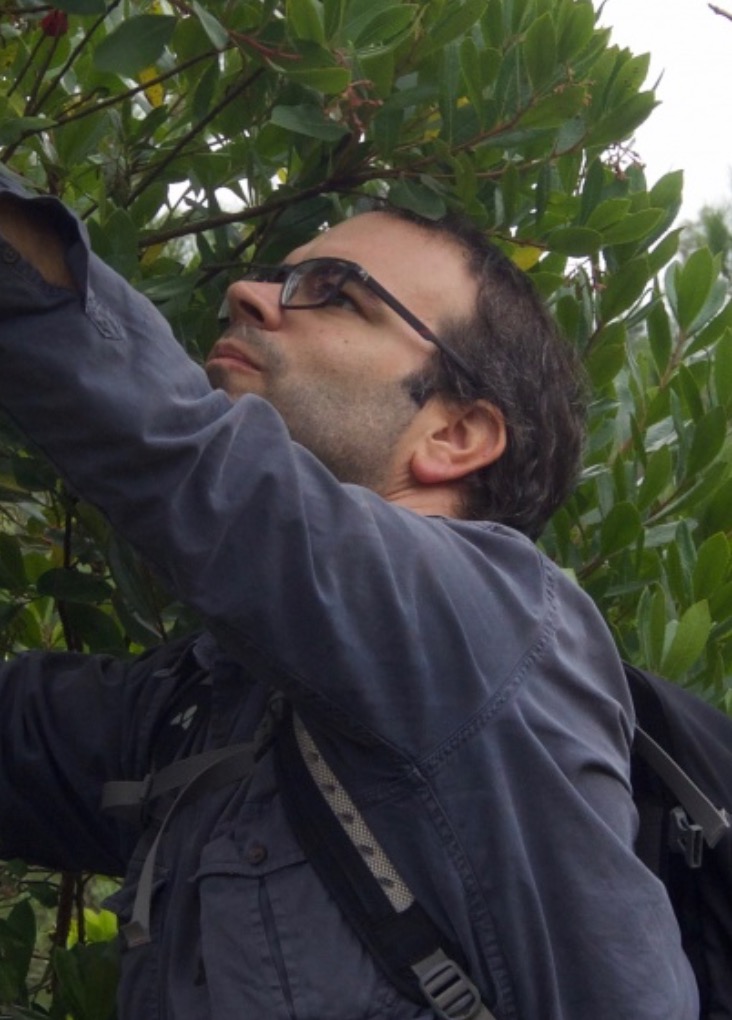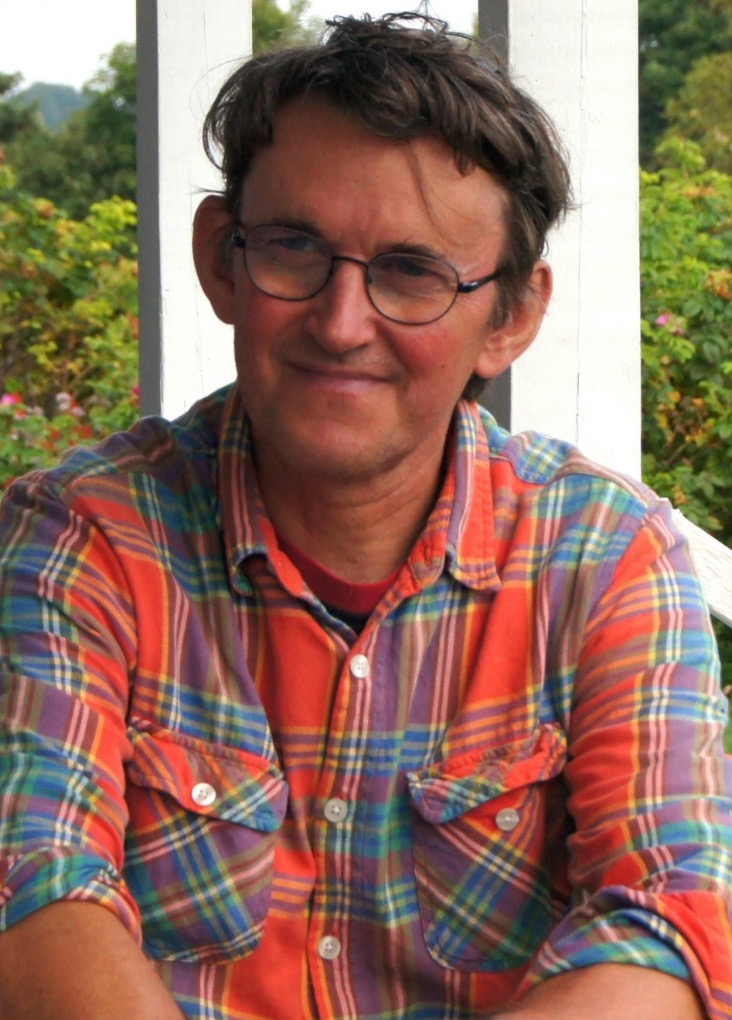We aim to understand how populations adapt to their environment, how they diverge into distinct species, and how these processes interact.
We combine empirical and experimental approaches to test fundamental evolutionary questions – such as how populations adapt to new environments or how demographic and ecological factors affect speciation – in a highly complementary fashion.
- First, we analyse datasets collected from natural populations to identify patterns associated with specific evolutionary processes and to infer putative evolutionary mechanisms driving these processes.
- Second, we use experimental approaches to test these mechanisms in a controlled environment in the lab.
Current work in the group explores the questions above by focusing on the role of demography on speciation and adaptation – particularly, we want to know how small population size affects adaptation, persistence and divergence of species. Ongoing projects include:
- Testing the effect of deleterious mutations (in small populations) on the evolution of reproductive isolation, combining comparative genomics of multiple evolutionary radiations in Lupinus with experimental speciation experiments in C. elegans;
- Using comparative analysis of contemporaneous and historical samples to study long term trends in population size and adaptation related to ongoing environmental changes.
The topics explored in our group align well with one of CE3C’s thematic lines: the study of evolutionary processes that shape biodiversity and adaptation to environmental changes. More broadly, a better understanding of evolutionary mechanisms in small natural populations is of central importance to ongoing conservation efforts in many species, where the long-term outcome of recent population bottlenecks is still uncertain.

![/uploads/subcanais2/banners-novo-site-ce3c-31[1].png /uploads/subcanais2/banners-novo-site-ce3c-31[1].png](/uploads/subcanais2/banners-novo-site-ce3c-31[1].png)






